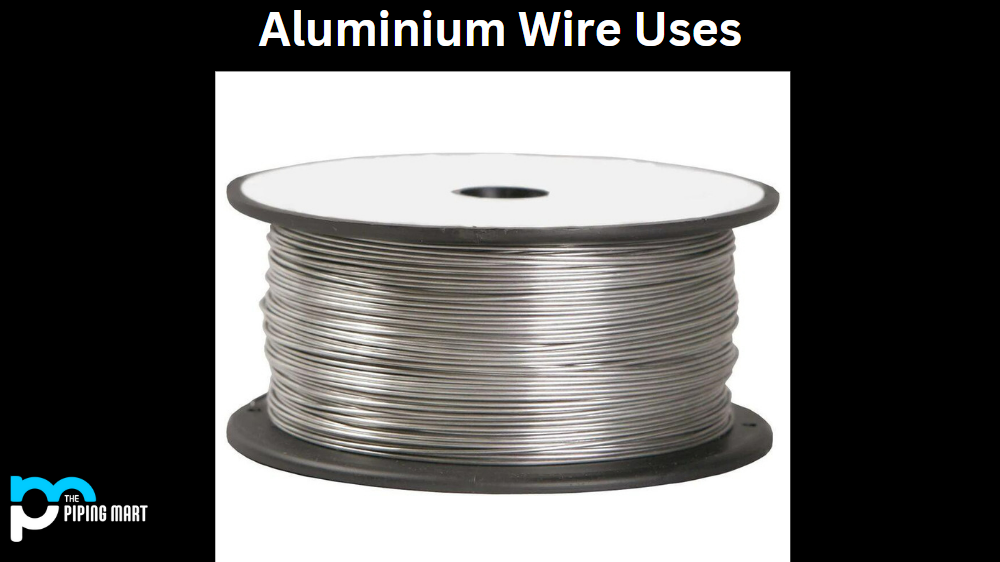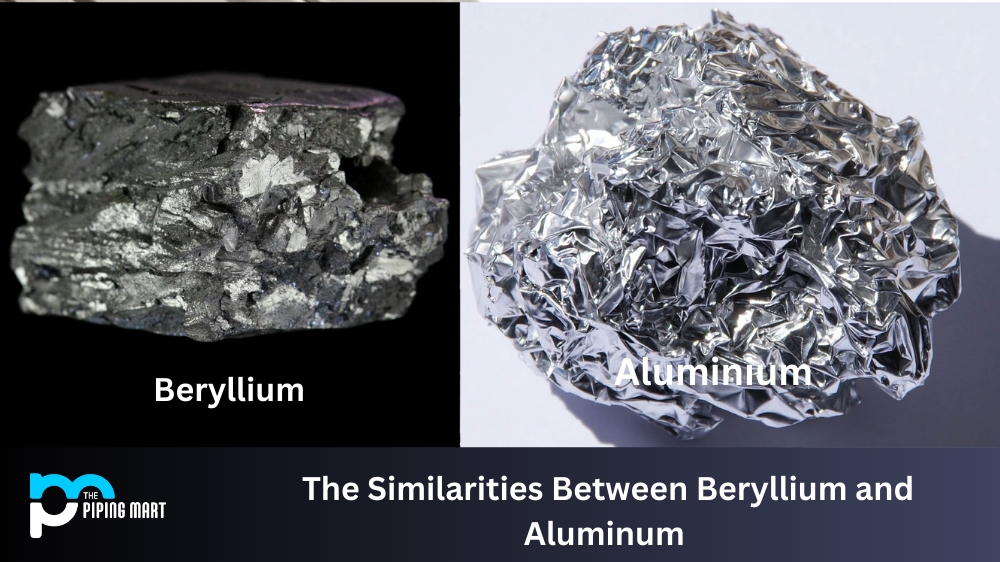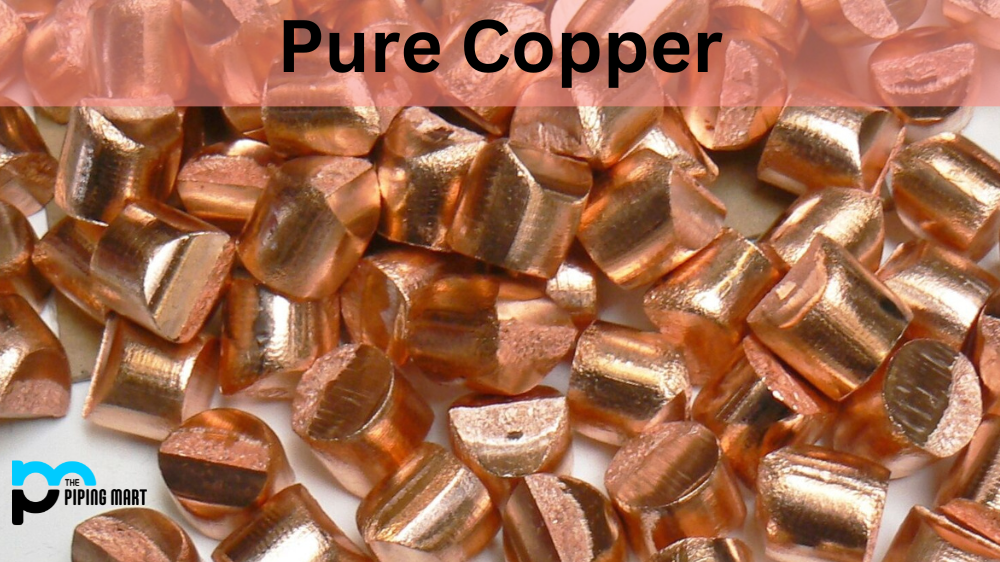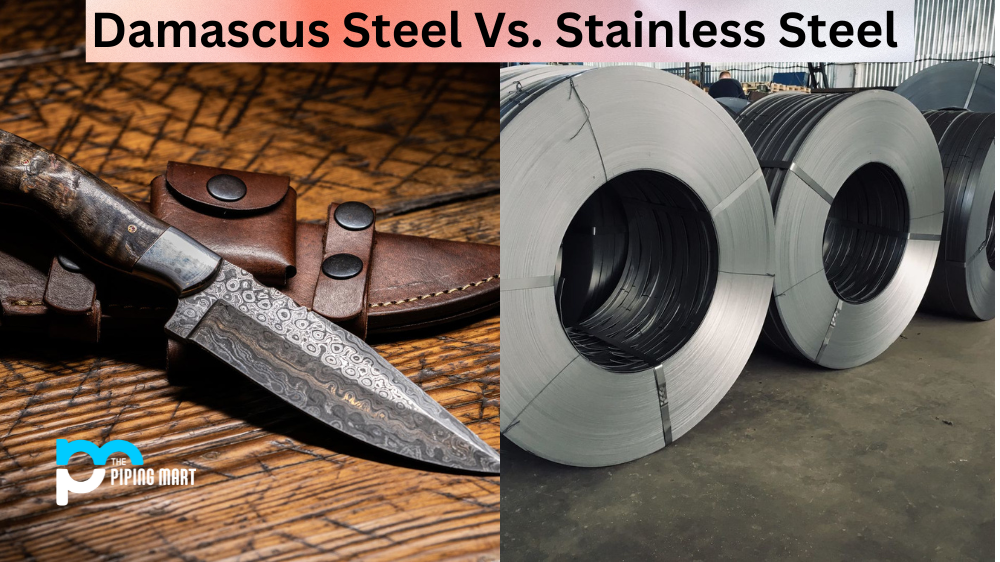Aluminum wire has become increasingly popular for various uses due to its lightweight and cost-effectiveness. It is an essential component in many industries, from construction to automotive. It is often preferred over other materials, such as copper wire, because of its higher conductivity, corrosion resistance, and durability. Let’s explore the various uses of aluminium wire and why it can be an excellent choice for your project.
Aluminum Wire Uses
Aluminum wire is a versatile and essential material used in various applications. Due to its strength and durability, it is often used to create or reinforce buildings, bridges, electronic components, and vehicular parts. Aluminium wire is also eco-friendly because it contributes less carbon emissions during production and is considered a more sustainable resource than other commonly used metal types. Furthermore,aluminum wire is rust-resistant, making it ideal for projects by the seaside or places with high humidity. In addition, aluminium wire can be recycled easily and has been proven to last longer than other metals, making it a great product for long-term solutions. Whether you are building an infrastructure project or just looking for an efficient and durable metal material, aluminum wire should be seriously considered, thanks to its adaptability and sustainability properties.
Construction
Aluminium wire is frequently used in construction due to its light weight and flexibility. It is often used to reinforce concrete walls or ceilings in buildings and electrical wiring systems. Additionally, aluminum can be used in place of steel or copper rebar when supporting concrete structures. This helps reduce the amount of material needed while still providing strength and stability. Furthermore, it is also resistant to corrosion, making it ideal for use in outdoor projects where moisture may be present.
Automotive Industry
Aluminium wire is also highly valued by the automotive industry due to its lightweight properties, making it easier to work with than heavier materials like copper or steel. Additionally, it can be used for wiring harnesses and connecting components within vehicles, helping them run more efficiently while still being able to withstand the high temperatures experienced inside engines. It is also often used for battery connections because of its high conductivity and resistance against corrosion caused by salt water or other corrosive agents that may come into contact with vehicles on a regular basis.
Electronics
Aluminum wires are often used in electronic devices because they are lightweight yet capable of carrying large amounts of electrical current without overheating or becoming damaged easily. They are also very durable, making them perfect for long-term projects where reliability and longevity are important factors. Additionally, aluminium wires provide reliable insulation, which helps protect electronics from electrical shock hazards that can occur if exposed directly to electricity sources like outlets or batteries.
Conclusion:
Aluminium wires offer many advantages over traditional materials such as copper or steel; they are lightweight yet strong enough to handle large amounts of electricity without overheating or becoming damaged easily; they are resistant to corrosion; they provide reliable insulation; and they are cost-effective compared to other metals making them an attractive option for a variety of applications including construction, automotive manufacturing, and electronics engineering projects. Consider aluminium wire if you’re looking for an economical but effective solution for your next project! It could be just what you need!

Abhishek is a seasoned blogger and industry expert, sharing his insights and knowledge on various topics. With his research, Abhishek offers valuable insights and tips for professionals and enthusiasts. Follow him for expert advice on the latest trends and developments in the metal industry.




